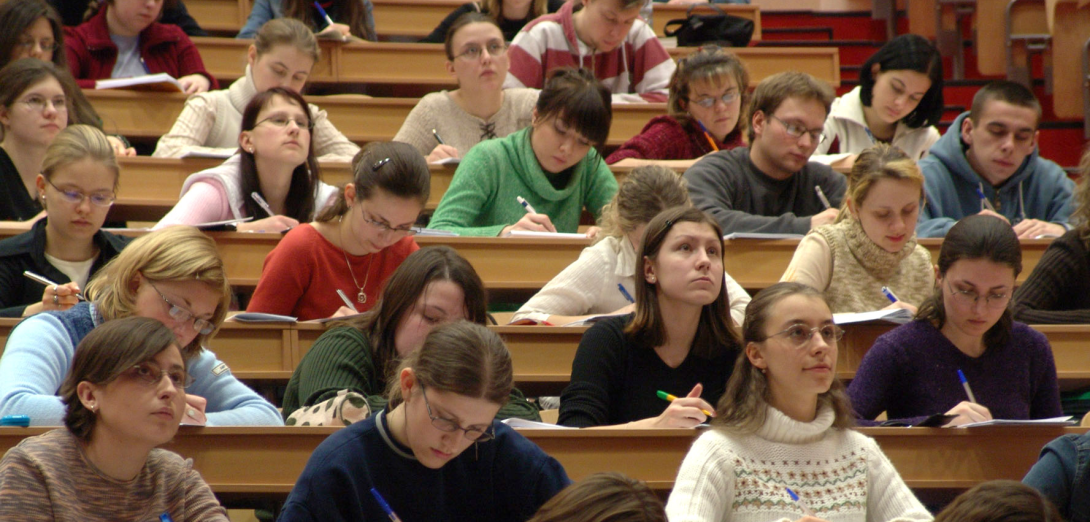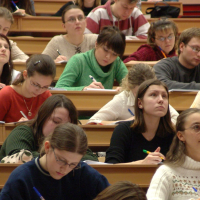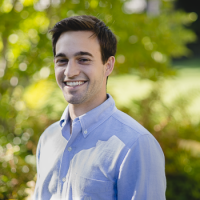

Higher Education in the 21st Century
Studying today's college landscape to inform tomorrow's higher education.
Higher Education in the 21st Century is a large-scale national study that is documenting how different groups think about the goals of college and the value of a course of study emphasizing liberal arts and sciences. In recent years, there have been numerous changes on college campuses and in the broader landscape of higher education. The study seeks to understand how the chief constituencies of campuses — incoming students, graduating students, faculty, senior administrators, parents, alumni/ae, trustees and job recruiters — think about these changes and how they may impact the college experience in our time. The preservation and transformation of liberal arts and sciences is most likely to be effective if such efforts build upon knowledge of the perspectives of all the stakeholders on a range of campuses. Ultimately, the study aims to provide valuable suggestions of how best to provide quality, non-professional higher education in the 21st century.
Aligned Programs for the 21st Century
In effort to strengthen educational outcomes in the liberal arts and sciences, Aligned Programs for the 21st Century (ALPS21) aims to identify exemplary programs in higher education—courses, programs, and co-curricular activities—that bridge different perspectives among major stakeholders on college campuses. ALPS21 is part of a larger empirical study, Liberal Arts and Sciences for the 21st Century (LAS21), which investigates how students, parents of students, faculty, administrators, trustees, young alums, and job recruiters conceive of the purposes, goals, best practices, and most challenging features of undergraduate education in the United States. ALPS21 will disseminate strategies, approaches, and examples of programs on college campuses that effectively bring constituencies into better alignment.







-
-
-
-
-
-
Support PZ's Reach